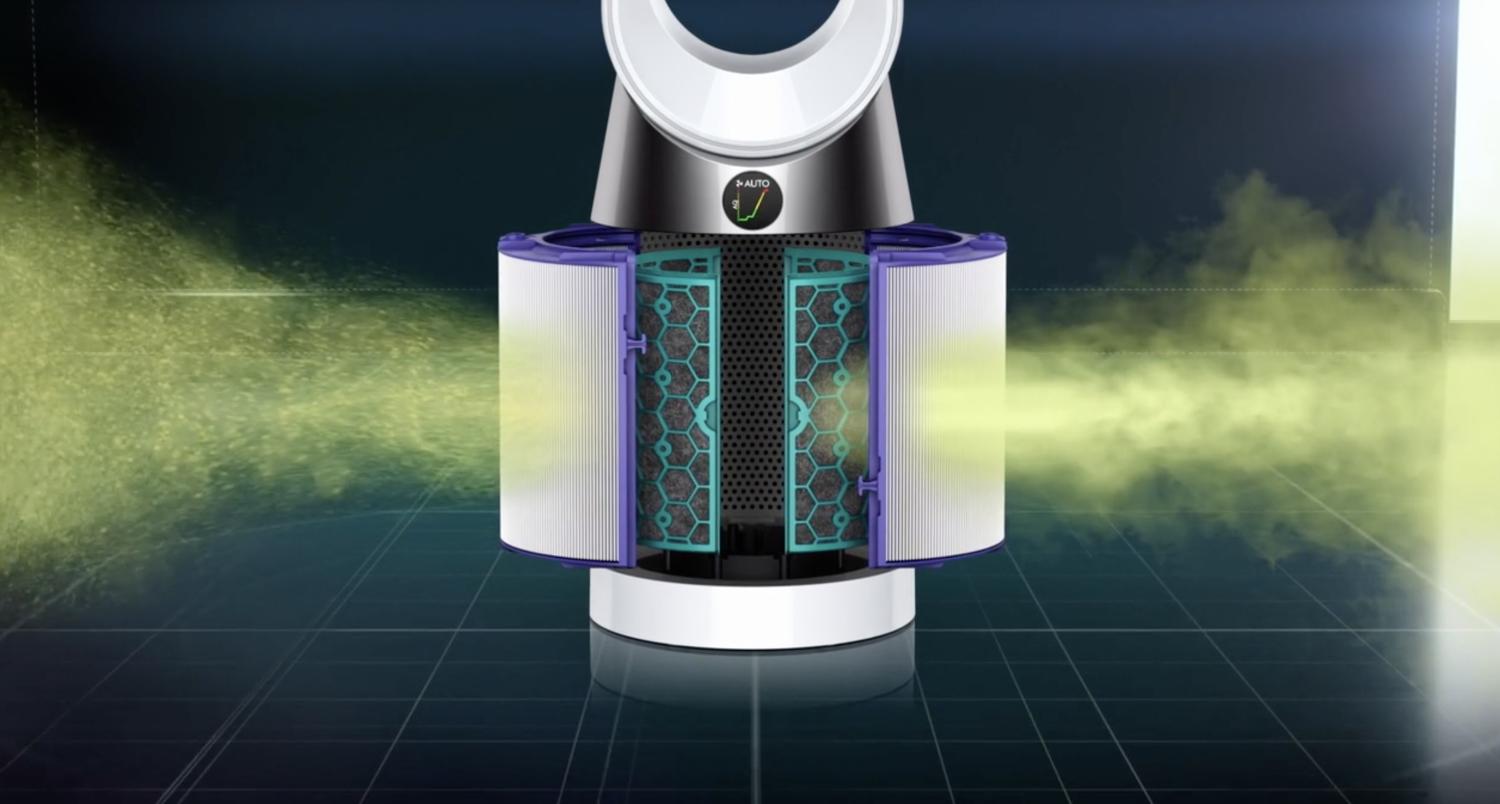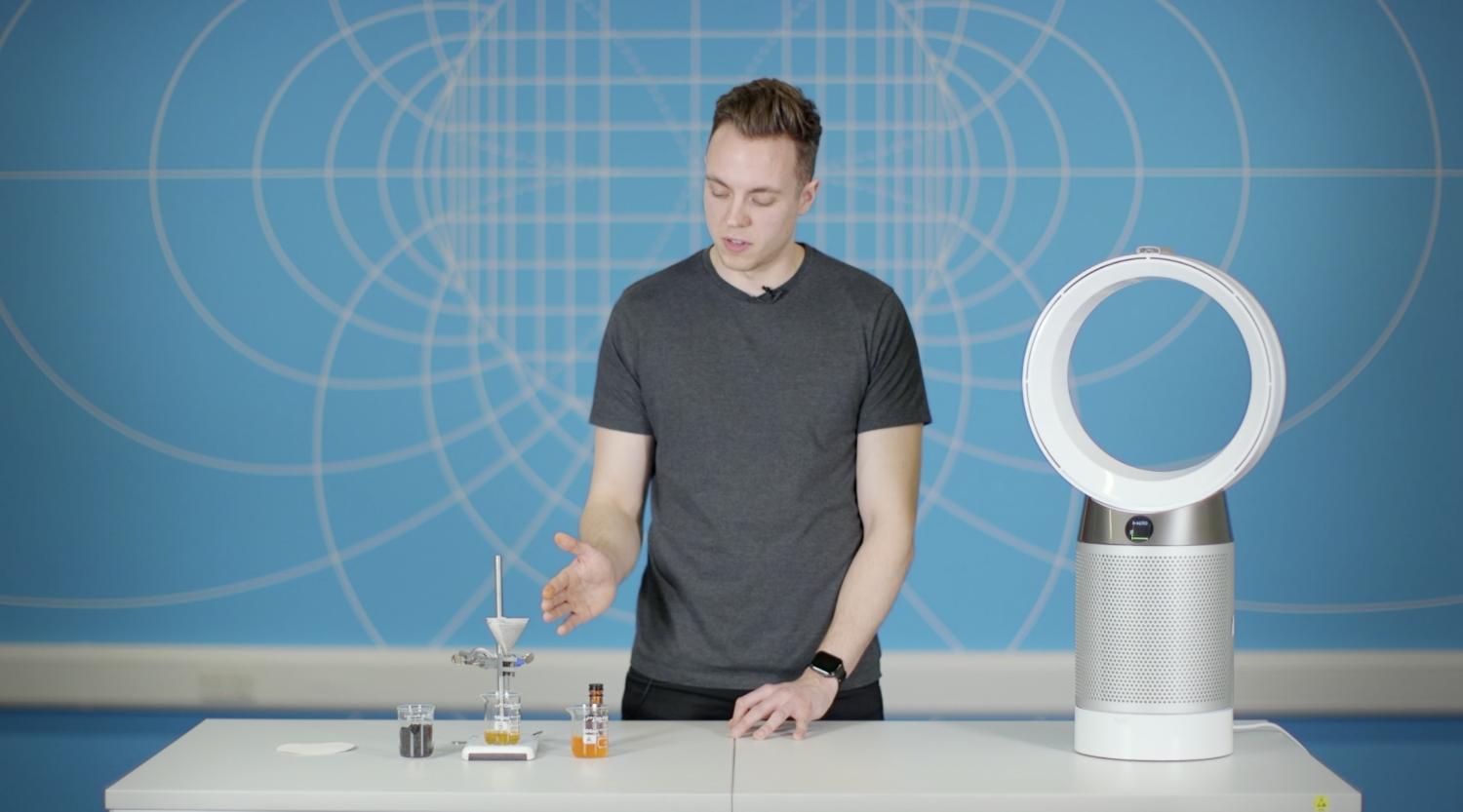

Learning in Lockdown: get to grips with the latest Dyson air quality learning materials
Following on from the Challenge Cards, the James Dyson Foundation launches its latest engineering at home learning resource, Engineering solutions: Air pollution, to support teachers, parents and students with STEM activities during lockdown and the summer holidays.
Committed to inspiring and supporting the next generation of engineers, The James Dyson Foundation encourages learning and creative problem-solving through exciting tasks and challenges. The latest addition to its library of resources, ‘Engineering solutions: Air pollution’, enables young minds to explore the global impacts of air pollution and understand how engineering and science can help us to find a solution. The problem-based resource contains a comprehensive student workbook, videos and a supporting pack, for parents or teachers.
Lesson plans
Alongside a series of classroom-based lesson plans to complement the Science and Design & Technology curriculum at Key Stage 3 and 4, the resources have been adapted to support learning at home and in the classroom.
“We saw a real buzz around our Challenge Cards when schools closed, and seeing how useful and popular that resource was, we redesigned lesson plans to provide more engaging resources for children to delve into at home," says Gemma Wardle, Global Head of the James Dyson Foundation. "We hope the workbook excites young people about studying engineering by learning from a real world issue that affects us all.”

Student pack
The adapted student pack comprises a series of guided lessons. Full of information for children to digest, there is a sequence of eight worksheets and tasks, downloadable informative posters, and video experiments. The activities culminate with students being asked to design and prototype a solution to air pollution.
“The James Dyson Foundation resources give children an opportunity to learn about STEM subjects in an applied way, " says Jess Rowley, Senior Category Development Engineer at Dyson.
"Whether this be experimenting with the Challenge Cards using common household objects, or through more thorough product analysis to understand global issues, such as the new air pollution resource.
"I was motivated to support in the delivery of this project, with the hope that it encourages both young girls and boys to be curious about the world around them”.
Air Science
Dyson engineers, chemists and research scientists have spent nearly three decades understanding air science. Right now, over 350 Dyson engineers globally are developing future solutions to make the air we breathe cleaner. Since 1993, Dyson engineers have been mastering airflow, the core principle behind engineering vacuum cleaners. In 2009, Dyson launched its first bladeless fan, using this expertise in airflow to provide a smooth, unbuffeted stream of cooling air. But this expertise in aerodynamics extends beyond just moving air. The cyclonic technology in Dyson vacuums uses air movement to remove particles from airflow, generating such high G-force that small particles are thrown from the air path. As Dyson’s floorcare technology developed, knowledge of filtration progressed – learning how best to combine airflow and filter technology to engineer vacuums that expel cleaner air. From there, Dyson engineers began to tackle the particles in the air, not just in carpets, and reinvented more complex air treatment technologies, from heating to humidification.
Dyson purification technology is now in its sixth generation, using fully-sealed HEPA filtration and intelligent sensing to control pollution in the home. There are still problems to solve, and Dyson is committed to understanding how design engineering can tackle global issues - even investing £1m in the Priestley Lab on Dyson’s Malmesbury campus to investigate Formaldehyde destruction.
Ongoing partnerships with the Dyson Scientific Advisory Board and pioneering institutions, such as Kings College London, broaden Dyson’s knowledge and involvement in critical air quality research projects. The James Dyson Foundation works closely with Dyson engineers when creating new resources to utilise this growing expertise and dissect it in a format for students.
“Air pollution is a worldwide issue and, just like other global problems, there are many possible solutions," says Rowley. "By hearing how Dyson engineers approached the problem and the products that resulted, students will understand how science and engineering can be applied to tackle pollution.
"They can then begin to address these issues in conversations beyond the classroom and hopefully consider engineering as a possible career.”
Download your free ‘Engineering solutions: Air pollution’ pack or explore the series free of ‘At Home’ resources from the James Dyson Foundation here.
Press contacts
-
Liv Thomas
-




